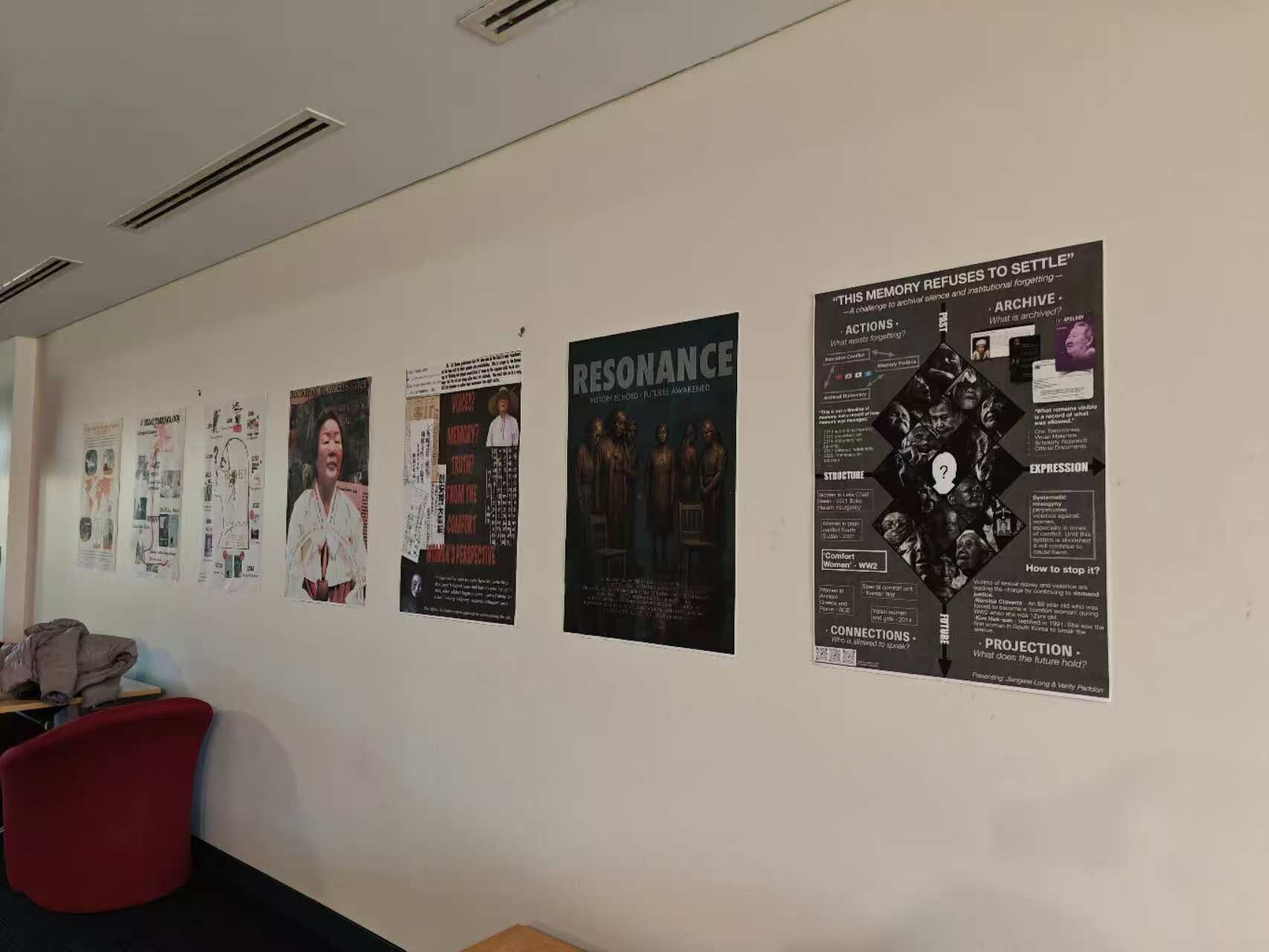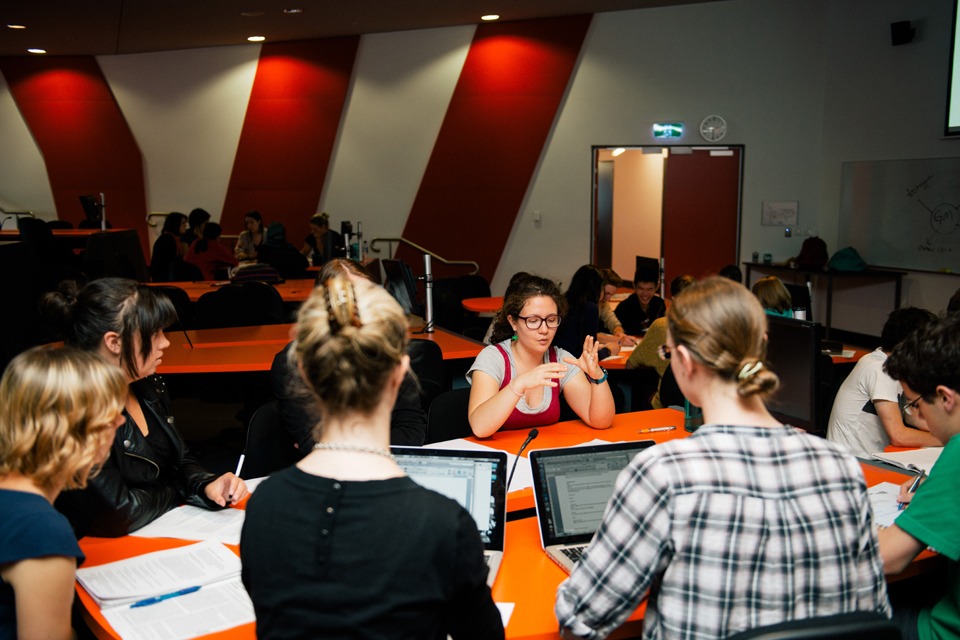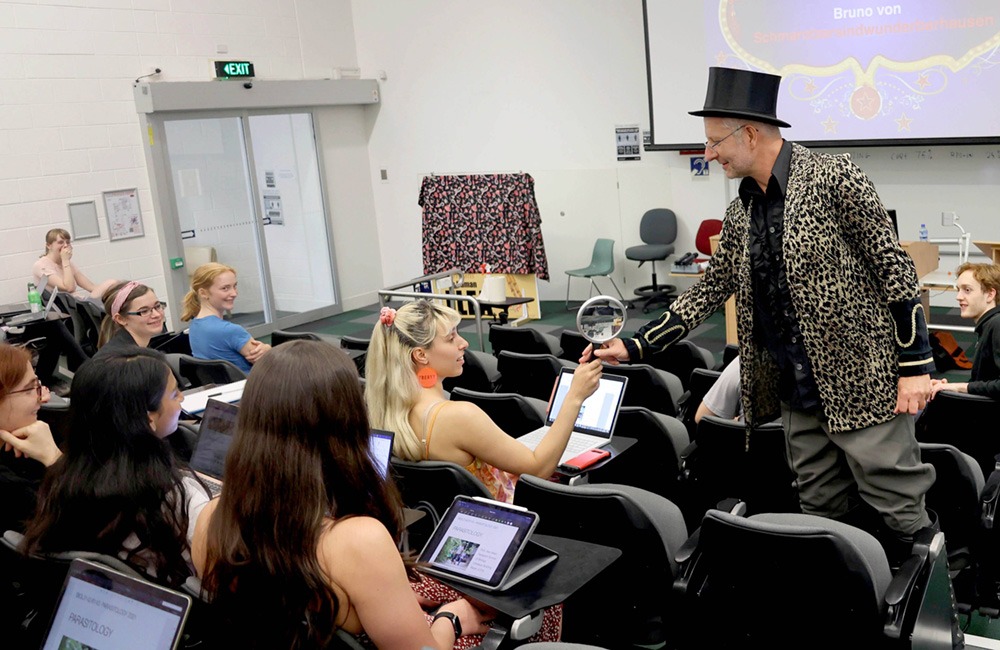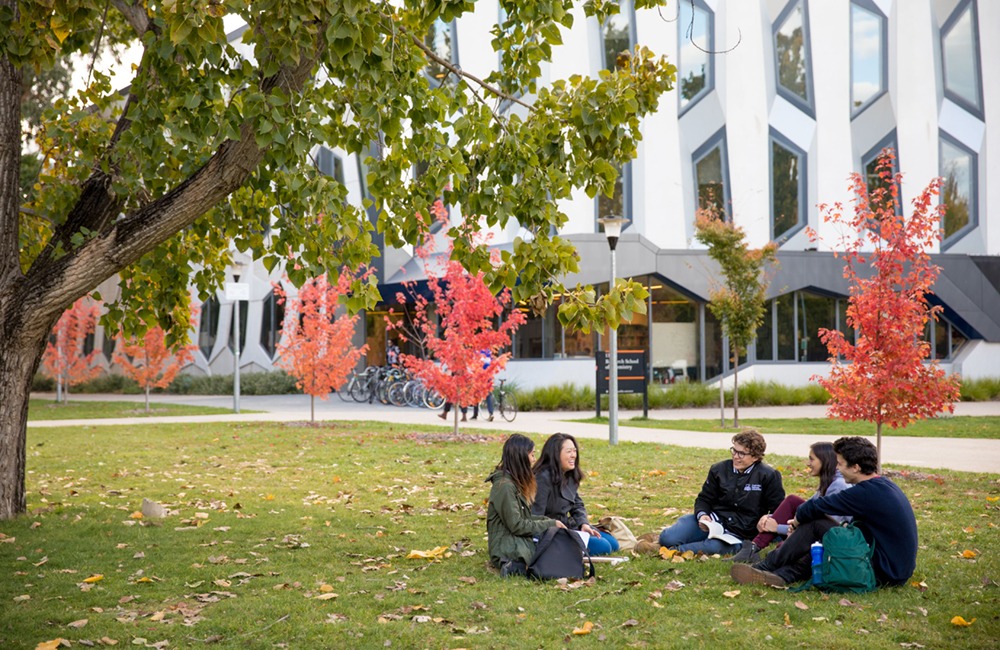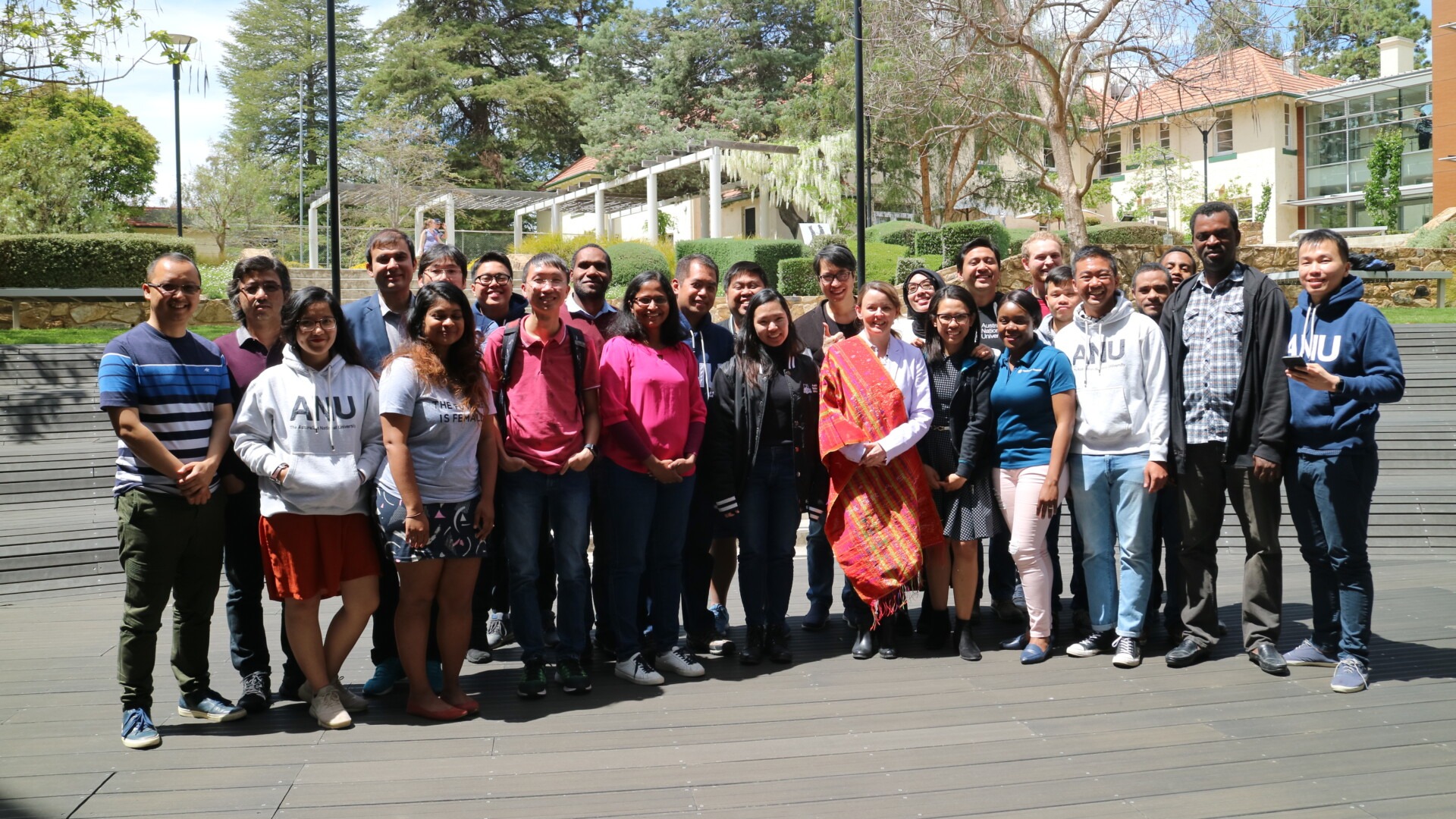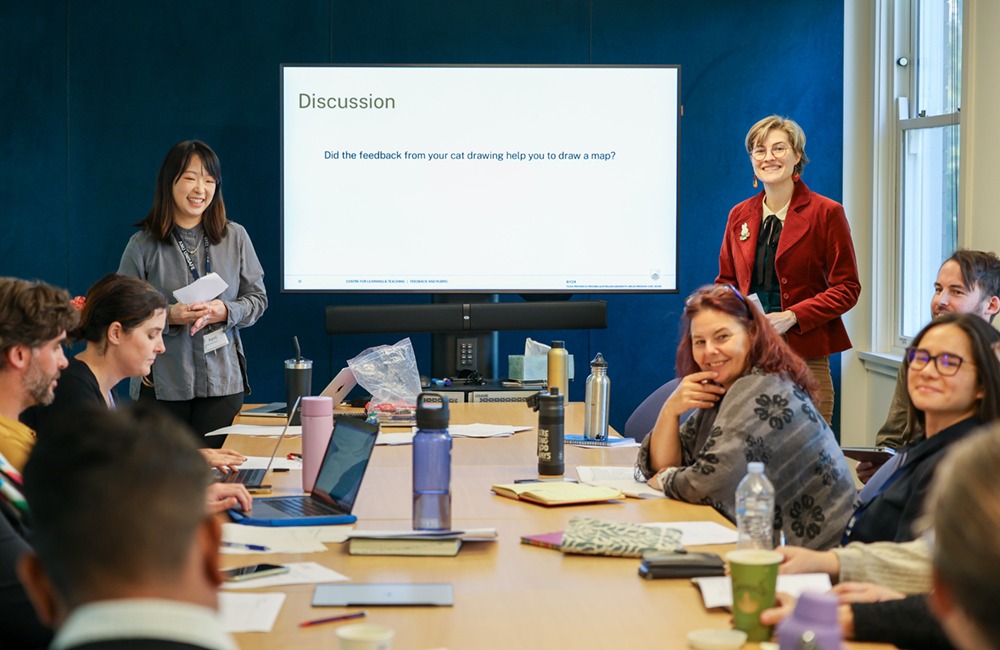ANU has a global reputation for research and prides itself on its research-led teaching. In particular, the University is a leader for its research in the legal field. As a law student myself, I was curious to see how academics at the ANU College of Law amalgamate their research with their teaching. From my interviews with four law academics, I realised the value in their process and insights on research-led teaching, and believe they offer helpful recommendations applicable to all teaching staff.
Without further ado, here are four tips that I learnt from law academics on research-led teaching:
Tip #1: Make a link between your research and what you are teaching, even if it is a different field.
The first tip might sound the most obvious, but academics should consider ways they can be linking their research into their class material. It does not necessarily have to be a long, published journal entry, but can simply be an online blog post or short article they have authored. Such material can then be incorporated into a tutorial activity, for example, allowing students to apply the academic’s research.
However, law academics have acknowledged that this can sometimes be tricky within a compulsory course where there is less scope for course design and a requirement for certain material to be covered. Nonetheless, they greatly encourage creative links to research. In his Torts course – a compulsory law subject on civil wrongs – Professor Jo Ford has been able to incorporate his research expertise in business and human rights through real-world illustrations that demonstrate the core concepts of torts in a context that is more familiar to his research.
Associate Professor Vivien Holmes, who convenes a course based on her expertise in ethics in the legal profession, argues there is great value in making such links to research in teaching:
“It occurs to me that a lot of students actually don’t understand what academics do, apart from teaching them. They don’t understand how research works… I think giving students [a taste of your research] … even if it’s not connected to what you’re teaching, is quite a valuable thing for students to understand.”
As such, sharing parts of an academic’s research as much as is possible within a course’s framework will allow students to gain a better understanding of the research process and what it entails. This will lead to a greater understanding on their part of what ‘research-led’ teaching looks like.
Tip #2: Use your research interest to propose new elective courses.
As mentioned before, it is not always easy to bring your research into a compulsory subject. That’s why Associate Professor Wayne Morgan, the Associate Dean of Education at the ANU College of Law, recommends that if you have a strong passion and expertise in a particular field, don’t be afraid to propose a new elective course in that area!
Wayne has been involved in law reform ranging from the decriminalisation of homosexuality, to anti-discrimination cases among the queer community throughout his research. This has carried over to his teaching of the Law and Sexualities elective and allowed him to make the course more interdisciplinary by involving other theoretical and policy-based perspectives. Wayne believes this aspect of research-led teaching not only gives students a rich introduction to the subject, but shapes “how they might think about and… theorise whatever the particular area of law they might be studying in that elective program.” This can challenge students to really think for themselves.
Jo also notes the increased enthusiasm that teaching an elective course tailored to one’s expertise can bring:
“The closer that a subject matter aligns with your research area, the more… you’ll be motivated in your teaching… In my own experience, you feel a lot more alive and motivated and the students can tell… which can create quite a good, intimate learning experience.”
There is great value in teaching your research interest which can translate directly to the student experience.
Tip #3: Narrow your focus.
Dr Cassandra Steer recently developed a new elective course based on her research in space law. While designing the curriculum entirely based on her passion was a joy, she found that she tried to cover too much ground and didn’t have quite enough time to spend on the issues learnt.
Cassandra advises that it can be tempting to just focus on the most interesting things from research, purely because they are niche or because one might have pondered over an issue for several years. As counterintuitive as it sounds, “it’s important to still focus on what’s important, rather than what’s interesting.” This allows students to gain an understanding of the foundational legal framework and encourages growth and opportunities to expand their thinking on these other aspects of the subject. For Cassandra, these opportunities were offered in the formative assessment of her course, which allowed students to choose a topic that interested them and conduct their own research on it.
As Jo neatly summarises: “All teaching is selective, [so] it’s mostly a question of what do you leave out?… Because it’s almost always too much to teach.”
Tip #4: Assume there is no prior knowledge of the research field on the student’s part.
Finally, Jo raises an important point that a downside of truly research-driven teaching may be that the subject is taught at a level of complexity and sophistication that may be too rich or nuanced for students. Thus, while teaching from a field of expertise is exciting, it is important to be mindful of this and try to consider how to communicate and teach a specialisation to someone who has not encountered the topic before.
If these tips have inspired you, check out the podcasts or the transcripts to see the full interview with these academics.

Associate Professor Vivien Holmes’ advice on how to incorporate research by explaining how her work in legal ethics has intersected in her teaching of the Lawyers, Justice and Ethics course.
In explaining what he believes research-led teaching is, Professor Ford gives some insight into the methodology behind legal research and some unconventional forms of research-led teaching he’s led.


Dr Steer explains how her Space Law and Governance course has allowed her to incorporate her research and offer a unique and exciting new elective course.
As the Associate Dean of Education, Wayne Morgan explains how research is integral and incorporated within the entire Laws Degree. He also gives some personal insight into how he’s been able to do that within his Law and Sexualities elective course.

Rebecca Gibson is a part-time Education Technologist at the Centre for Learning and Teaching.
